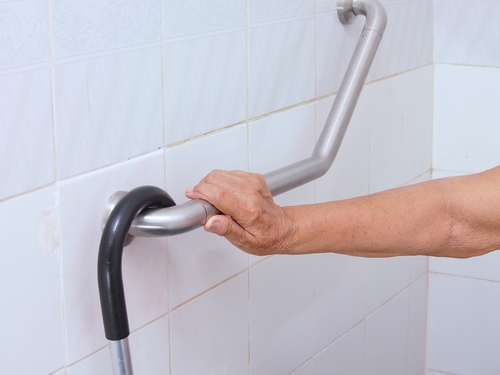We all probably know or are related to someone who has retired and is entering their senior years. Maybe you are approaching those years. As a person ages, you realize that you may at some point need help to maintain the lifestyle you currently live.

Some people are very attached to their home and the memories formed there. Others want a new environment and look forward to being relieved of the maintenance of the family home and yard upkeep. Some have family support nearby, while others have no family living close enough to provide assistance when needed. Some have experienced the loss of their partner and are faced with life alone for the first time.
Each individual has different needs and different expectations of old age. The one thing we have in common is we all will need some form of senior home care assistance eventually.
We value our independence most of all, but the reality of aging is that we will not be able to do all the things we did at 50 years old when we are 70 or older. If the goal is staying in your own home, what home care services will be needed to accomplish that goal?
This is when the at-home assessment can be invaluable. The assessment is completed by a registered nurse who has had additional training in the assessment process. The goal of the assessment is to determine the current needs of the client, as well as potential future needs, and to identify any safety issues in the home. The underlying principle for Superior Senior Care is that this assessment should be a collaborative effort between the client and the RN that will result in a better quality of life for the client.
These are some of the issues that will be addressed in the assessment:

Safety: Are there railings by all stairs? Are there safety bars in the bathroom? Is there a walk-in shower or only a tub? Is the home multi-level? Can the client access all areas of the home? Is the lighting adequate, especially on stairs? Are there unnecessary obstacles such as throw rugs or clutter that could pose a fall risk? Does the client still drive a car? How do they manage medications? Does the client have a cell phone? Do they have emergency access such as Lifeline?
Physical Health: Does the client have a primary physician? Do they have a yearly check-up? Do they get the flu shot yearly? Do they have regular dental check-ups? Have they had vision and hearing checks? Is there any chronic illness such as diabetes? Is there a progressive disease such as Parkinson’s? Are they using assistive devices to walk, such as a cane or walker? Is their diet appropriate and healthy?
Emotional and Mental Health: Are there any diagnosed mental health issues such as OCD or depression? Do they have any friends or family that they are able to see on a regular basis? Do they have any hobbies? How do they spend their leisure time? How much sleep do they get per day? Are they forgetful? Is the client able to understand what is being discussed? Can they hold a conversation? Is their speech clear and coherent? Are they fearful or anxious?

Keep in mind that this is not all-inclusive of the conversation you or your loved one may have with the caregiver. Most of the questions will be answered in the course of normal conversation. The safety questions are not posed as questions at all. They are observations made when the client takes the RN on a tour of her home.
For example, when the client stops at the bottom of the stairs to the second floor and says they never go up there anymore, it would be natural to ask “Why not?” The response will tell the RN if it is because there is no rail and they are afraid for their safety, or they may tell the RN they have chest pain when they climb the stairs, or that it is too painful for their knees to climb a flight of stairs.
When the client says they haven’t seen their best friend for a year, is it because they no longer drive? When the client says they have trouble sleeping at night, is it because they slept all day because of boredom?
The information received during this interview will allow Superior Senior Care to not only provide the client with best home care services but also assist them in matching the client with a compatible caregiver.
]]>

